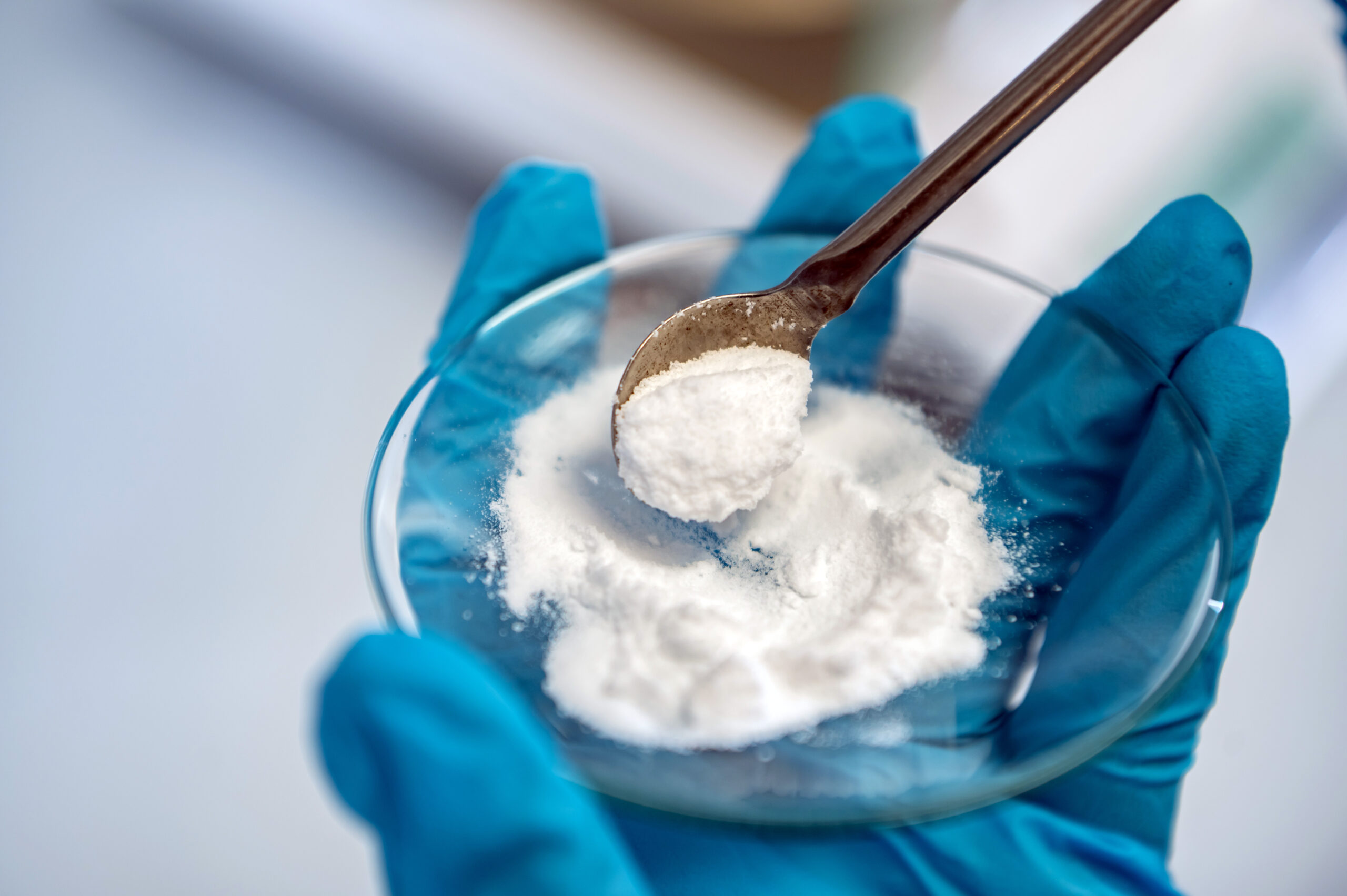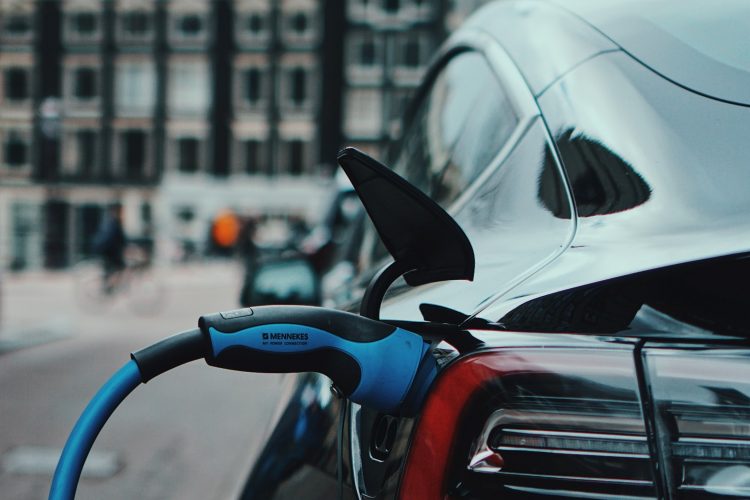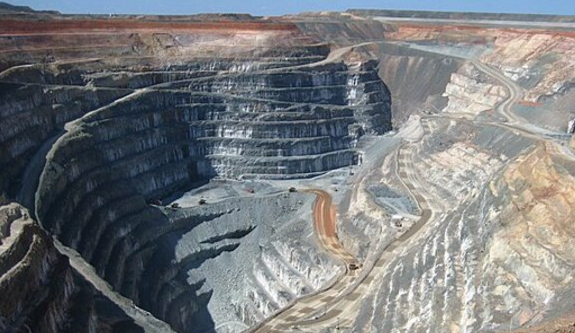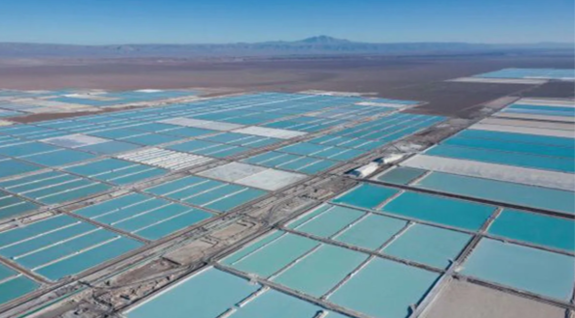
Lithium hydroxide supply chain Importance of Lithium.
The Upper Rhine Valley hosts the largest lithium deposit in Europe and one of the largest in the world, only waiting to be tapped.
Critical raw material for EV transition Lithium.
Lithium is the most crucial metal used in car batteries and the European Union targets all new cars to be zero emission by 2035 meaning by 2030, Europe alone will require more than one million tonnes of lithium for electric vehicles. Legacy methods of lithium production place a significant strain on the environment. Depending on the process, the CO₂ footprint and water consumption are substantial. We need to make lithium production more sustainable.

Lithium production with Legacy methods.
Why we need environmentally friendly and carbon neutral lithium production
Legacy methods of lithium extraction are labour intensive, use large areas of land and water and emit more CO₂ than recently adopted extraction methods. Depending on the process, the CO₂ footprint and water consumption are significant. The large amount of land required is also a burden on the environment and raises social issues in the mining countries. Unlike traditional lithium mining, Vulcan’s ZERO CARBON LITHIUM™ Project does not use fossil fuels in the lithium production and processing exercise and is environmentally, as well as socially responsible due to very low water consumption and land use.
Unprecedented demand Sustainability is our purpose.
Sustainability is the cornerstone upon which Vulcan was founded. Proudly disruptive, Vulcan’s diverse team comes from all over the globe, united by a passion for environmentalism and science. It is our purpose to empower a carbon neutral future.





